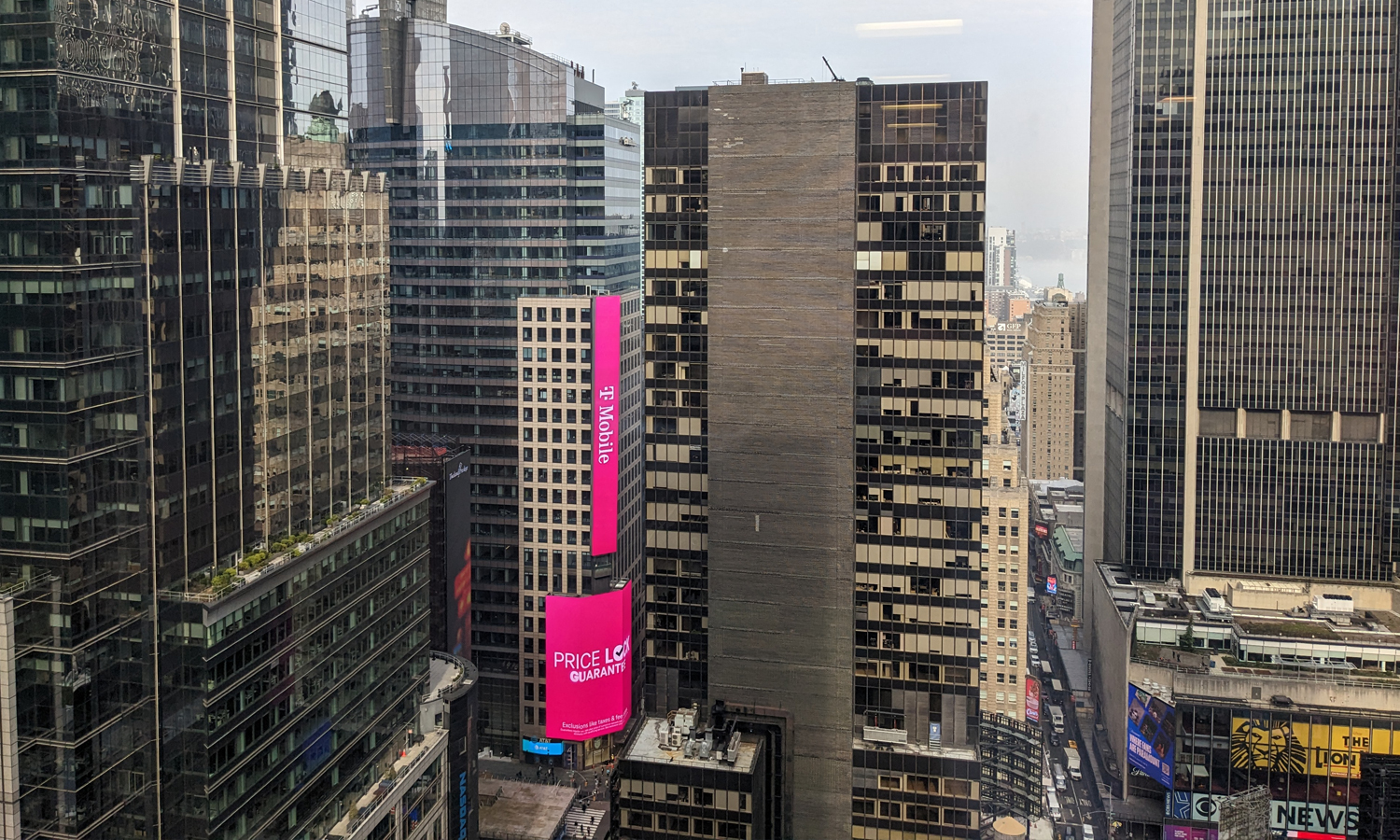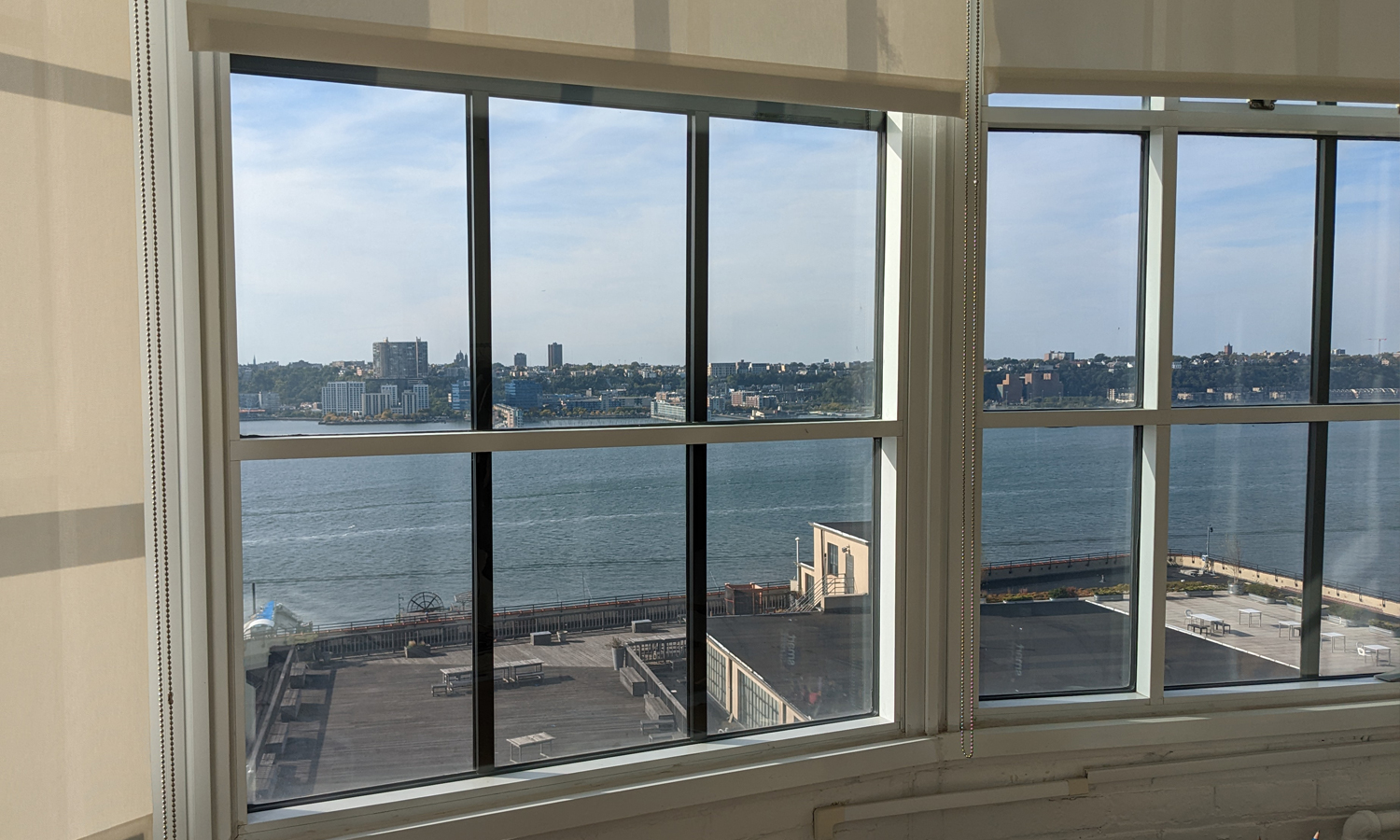Prepared by Richard Plehn and Hal Coopersmith
“An exclusive use clause gives a tenant the sole right to operate a specific business”
Restrictive Use Clause
A restrictive use clause prohibits a tenant from using the space in certain ways, defining what the tenant is not allowed to do. For example, in a shopping center a tenant may have an exclusive use so other tenants are restricted in how they may use a leased space. The following is an example of a restrictive use clause.
“The tenant shall not use the leased premises for the purpose of selling coffee, shakes, fries or any use that is illegal, immoral, or offensive, or that constitutes a nuisance or disturbance to other tenants or occupants of the property.”
Exclusive Use Clause
An exclusive use clause gives a tenant the sole right to operate a specific business in their leased space. This prevents the landlord from leasing nearby space to competitive businesses. Exclusivity can increase the value of the space for the tenant as they have a secure market for their business. For instance, a pizza place might have an exclusive use clause that stops any other restaurant from selling pizza.
Why use clauses are important in commercial leases
Use clauses in commercial leases are crucial because they outline the authorized activities on the leased property, making certain that tenants’ operations align with the landlord’s vision and the property’s intended use. These clauses are essential for preserving the property’s value, they protect against disruptions, and create a harmonious landlord-tenant environment.
While tenants may prefer more flexibility, a well-drafted use clause is essential for maintaining a harmonious and legally compliant commercial relationship.
Richard Plehn
Ph: 646 481 7540
e-mail: rplehn@lee-associates.com
Hal Coopersmith
e-mail: hal@coopersmith.law
Ph: (212) 625-8505







